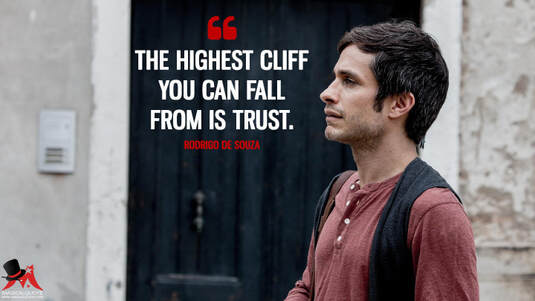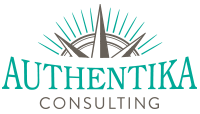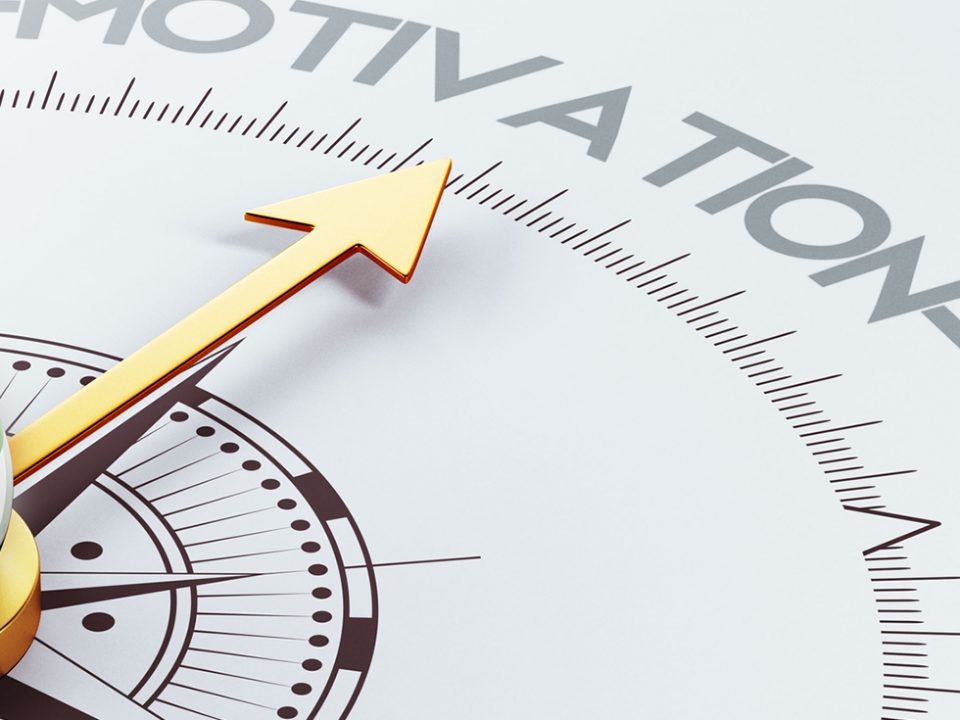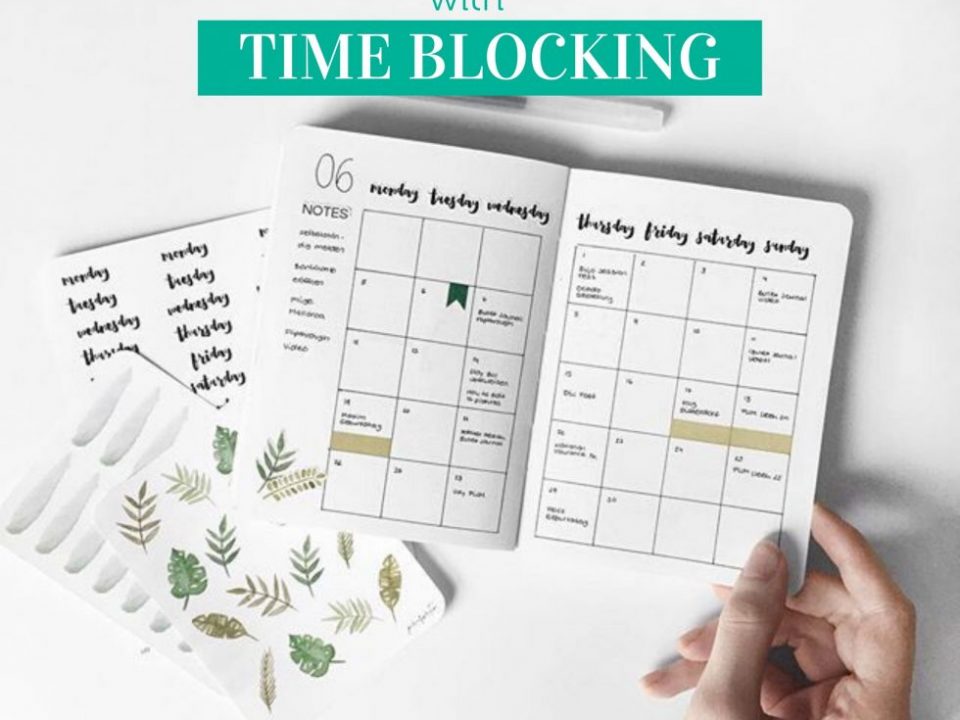
Source: Magicalquote.com
Recently I heard a quote that really stuck with me while watching a program on Netflix called, Mozart in the Jungle. The new maestro, Rodrigo de Souza, says, “The highest cliff you can fall from is Trust.” This quote was inspired by Francisco de Quevedo’s words, “El mayor despeñadero, la confianza. Quevedo was a Spanish poet and writer from the Spanish Golden Age.
While the quote is in reference to how to develop and maintain trust in our lives, it got me thinking about the critical role trust plays in the workplace. So much of my coaching practice centres around trust. For me, as I’m sure is the case with other coaches, if you can’t establish trust and intimacy with your client, you cannot truly move forward in any meaningful way.
For my clients, when we explore obstacles, and particularly communication barriers that are holding them back, the issue is usually distilled down to the theme of trust. Either trust has been broken or trust was never really built in the first place.
Like Maestro Rodrigo’s quote, trust is the highest cliff you can fall. As quickly as a major drop from a cliff occurs, so it happens with trust. The challenge is that building trust feels like the same experience of climbing a mountain to get to the top. Once you’re there and trust has been built, you can enjoy a splendid view. Everything seems clear and you can see the landscape around you for miles. Falling takes no effort, but is horribly frightening, as is the case when you lose someone’s trust. Building and maintaining trust requires constant effort and conscious self awareness of what observable behaviours you exhibit that either build or destroy trust.
I believe self awareness gives us the ability to make positive change happen. How do we become more self aware? We ask for feedback and we reflect on our actions and words. We can self reflect on the topic of trust by asking ourselves 4 major questions: (source: Leader as Coach)
How well do I communicate with others?
Do people believe what I say?
Do people believe I pay attention to their interests?
Do people believe I am competent to carry out what I say?
There are a host of other questions under each of the 4 major questions and if you would like to complete the full leadership trust audit please contact me and I’ll email you the (free) questionnaire.
There is so much to share and discuss on the topic of trust. On September 4 at 12pm EST, I’ll be leading a webinar as part of a Laurier Alumni series. (You don’t need to Alumni to participate). There is no charge to sign up for the webinar. It is called, Fostering Trust in the Workplace and I hope you’ll join in.
In the webinar, we’ll explore:
why fostering trust in the workplace is important;
how to build trust;
how easy it is to destroy it, and
the steps needed to begin the process of rebuilding trust.
When we have a trusting relationship, we give the other person the benefit of the doubt when something seems amiss. When trust doesn’t exist, “trust tax” is taking off the top of every exchange we have with them. We are quick to judge and to make a negative assumption. In a work setting, when trust doesn’t exist, nothing happens with speed or efficiently and achieving results takes far more time than necessary. If you’re interested in learning more on the topic, I invite you to read, The Speed of Trust by Steven M. R. Covey. If you’d prefer the 8-page book summary, contact me and I’ll email you the free executive summary.
I’ll leave you with this quote by one of my favourite writers, Ernest Hemingway, “The best way to find out if you can trust somebody is to trust them.”



